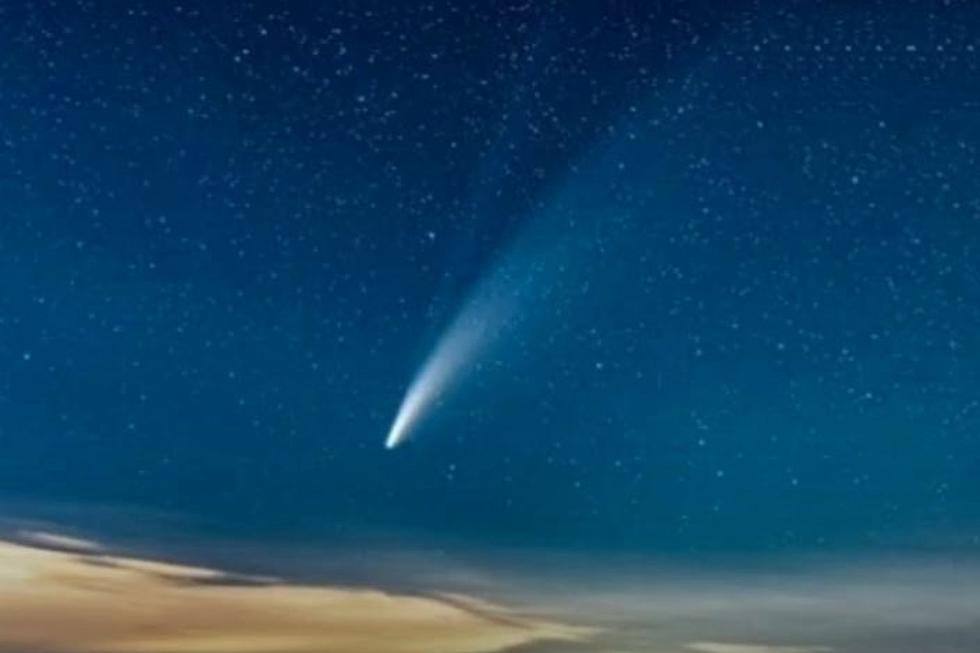
Tonight’s Weather May Dampen The Annual Perseid Meteor Shower in Southern Idaho
The annual Perseid Meteor Shower peaks tonight (Aug. 12)! This is one of those cool events that you can see with the unaided eye, and nearly everyone will be able to see a shooting star or two with enough time and patience.
The Annual Perseid Meteor Shower streaks across the nighttime sky in early August, but peaks overnight tonight (Aug. 12). These fast and bright meteors are the result of the Earth passing through the debris left behind by the Swift-Tuttle comet, and astronomers are predicting up to 50 meteors or more per hour.
It truly is one of the best annual meteor showers. Here are a few tips to improve your Perseid Meteor Shower viewing.
Set Your Expectations - It would be amazing to see the sky filled with giant, slow burning meteors that light up the night. The Perseids, despite being the best shower of the year, aren’t like that. Think of it this way: don’t go in expecting a torrential downpour; instead it’s much more like a light, spring shower.
Dress Appropriately - Dress warmly. Yes, it’s August, but that doesn’t mean shorts and a flip flops. You’ll be outside in the middle of the night and it’s going to get cold. You’re going to want to bring a sweater, perhaps a jacket, and a few blankets to wrap up in.
Get Away From Ambient Light Sources - Everything from the street lights, your front porch light, and even the bright screen on your phone can take away from your viewing enjoyment. If you’re eyes have adjusted to the darkness and you look down at your iPhone screen to check email, your eyes will have to readjust again. Try and find somewhere nice and dark for best enjoyment, and turn off your electronic devices (or at least turn the brightness down).
Have Patience - As with nearly every aspect of astronomy, patience is the key. If you don’t see one in the first five minutes, don’t give up. Your eyes need at least 20 minutes to adjust to the darkness. Find a comfortable spot, pick a spot in the sky, and just watch.
Best viewing times will be after the moon sets early in the morning. So keep your back to the bright moon, look for the constellation Cassiopeia (the big ‘W’) and good luck!
Unfortunately, the weather in Southern Idaho could hamper efforts to observe the meteor shower. We have between a 30 to 40% chance of heavy rain in the Magic Valley tonight, and the possibility of thunderstorms overnight.
More From 95.7 KEZJ









